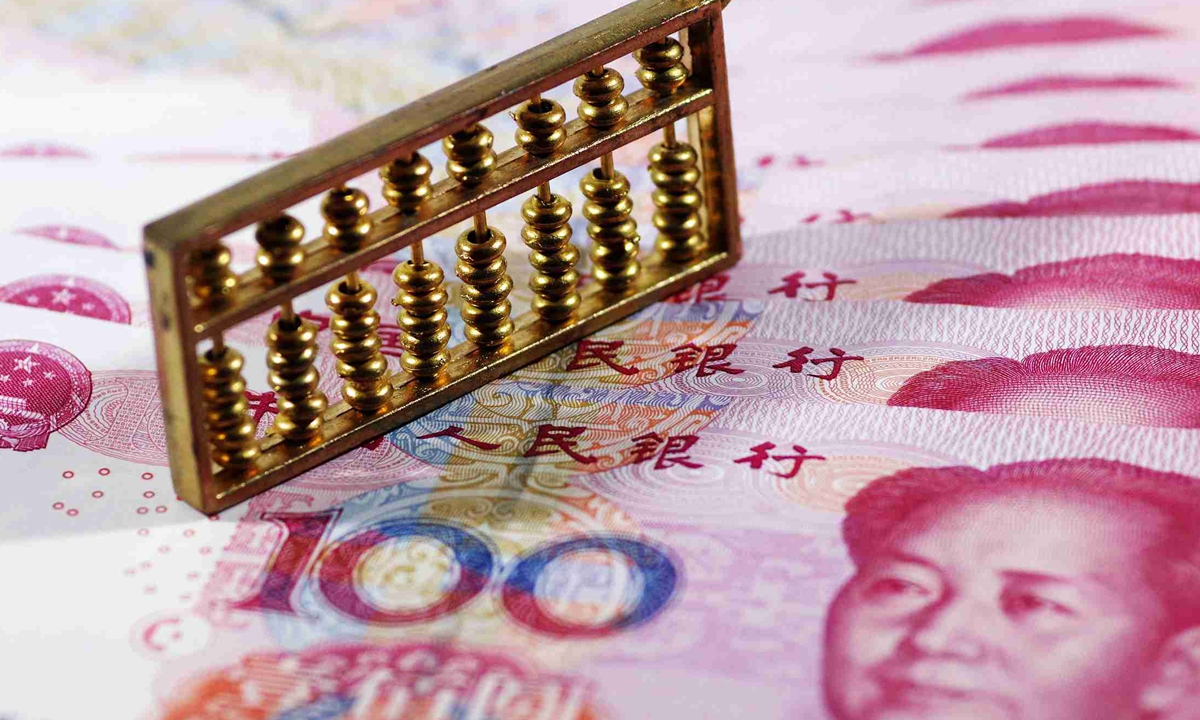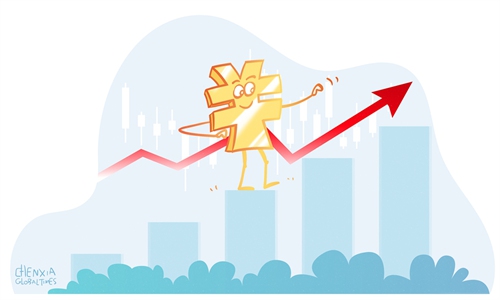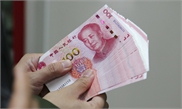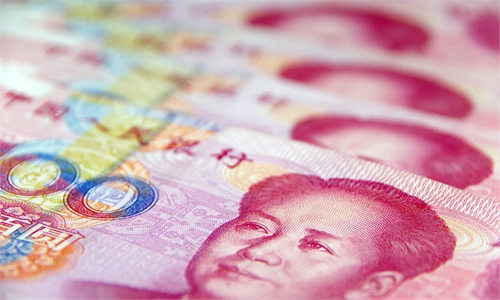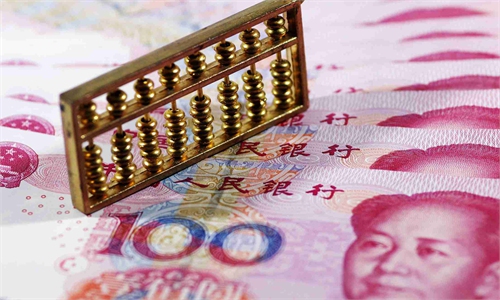■ Presidentelect Donald Trump’s embrace of cryptocurrencies marks a pivotal moment■ Analysts projecting Bitcoin to reach US$200,000 by end-2025
■ The outlook for Bitcoin and the broader crypto market is overwhelmingly positive, but risks remain
THE cryptocurrency world is buzzing with speculation that bitcoin could reach an unprecedented US$200,000 by 2025. While bitcoin has yet to stabilise around the US$100,000 mark, its meteoric rise in 2024 has emboldened investors and analysts to project a bullish future for the world’s leading digital asset.
Bitwise Asset Management, a prominent voice in the crypto sphere, has described the upcoming year as the Golden Age of Crypto.
According to the firm, the regulatory landscape in the United States has significantly improved following the 2024 US elections. President-elect Donald Trump’s embrace of cryptocurrencies marks a pivotal moment.
“We believe we are entering the Golden Age of Crypto,” Bitwise analysts, led by chief investment officer Matt Hougan and head of research Ryan Rasmussen, state in the group’s report.
Bitwise expects Crypto’s magnificent three – Bitcoin, Ethereum and Solanato – to hit new all-time highs in 2025, with bitcoin leading the rise to trade above US$200,000.
In addition to Bitwise, other analysts projecting bitcoin to reach US$200,000 include Geoff Kendrick, head of crypto research at Standard Chartered, and analysts at Bernstein, led by Gautam Chhugani.
Kendrick forecasts that bitcoin could hit this milestone by the end of 2025, driven by institutional investments in bitcoin exchange-traded funds (ETFS).
In a recent note, he stated that Standard Chartered’s target of US$200,000 by 2025 is “achievable”, adding: “We would become even more bullish if bitcoin experienced accelerated adoption by US retirement funds, global sovereign wealth funds, or the establishment of a potential US strategic reserve fund.
“We anticipate institutional flows to continue at or exceed the pace set in 2024. Microstrategy, for instance, is ahead of its Us$42bil threeyear plan, suggesting its purchases in 2025 will likely match or surpass those of 2024.”
Meanwhile, Bernstein’s analysts attribute their bitcoin price target of US$200,000 by end-2025 to unprecedented demand stemming from spot bitcoin ETFS managed by leading asset managers, according to media reports.
Trump effect
Essentially, crypto has emerged as a clear winner in the 2024 US elections, giving it a brighter regulatory outlook in the United States, Bitwise notes.
For one thing, Trump has announced plans to create a strategic bitcoin reserve and nominated Scott Bessent as Treasury Secretary. Bessent’s earlier comment that “crypto is about freedom and the crypto economy is here to stay” reflects the administration’s pro-crypto stance. The reshuffling of the Securities and Exchange Commission (SEC), which has historically taken a sceptical view of digital assets, adds another layer of optimism.
Similarly, Bernstein analysts attribute bitcoin’s rise to Trump’s support for cryptocurrencies. They point out that his plan to position the United States as a global leader in the crypto space and his choice of Paul Atkins, a known crypto advocate, to lead the SEC have bolstered market confidence.
Record highs
Bitcoin has since cooled to below US$95,000 at the time of writing, after reaching an alltime high of US$103,992 earlier this month.
This marks a 141.72% increase year-to-date as of Dec 6, 2024. According to Bitwise, the surge was largely driven by the US launch of spot bitcoin ETFS, which set records with Us$33.6bil in inflows within their first year.
Other crypto assets, including Ethereum and Solana, also posted substantial year-to-date gains of 75.77% and 127.71%, respectively. This performance highlights how cryptocurrencies, led by bitcoin, ethereum and solana, have outpaced all major asset classes in 2024.
Crypto equities mirrored this bullish trend. Companies like Microstrategy and Coinbase saw their shares skyrocket by 525.39% and 97.57%, respectively. In comparison, traditional assets such as the S&P 500 and gold returned 28.07% and 27.65% over the same period, highlighting crypto’s dominance.
Catalysts for next milestone
The factors driving bitcoin’s trajectory towards US$200,000 are multifaceted, Bitwise highlights. The launch of bitcoin
ETFS in 2024 shattered expectations, and Bitwise believes 2025 will see even greater inflows.
“When US spot bitcoin ETFS launched in January 2024, ETF experts forecast the group to see Us$5bil to Us$15bil of inflows in their first year. They passed the higher end of that range within the first six months.
“Since launching, the record-setting ETFS have gathered Us$33.6bil in inflows. We expect 2025’s inflows to top that,” Bitwise says.
Drawing a parallel with gold ETFS launched in 2004, Bitwise notes that ETF inflows typically accelerate in subsequent years.
“The best historical analogy we have for the bitcoin ETF launch is the launch of gold ETFS in 2004. Flows petering out would be unusual,” it explains.
At present, major financial institutions such as Morgan Stanley, Merrill Lynch, and Bank of America have yet to fully embrace bitcoin ETFS.
Bitwise anticipates this to change in 2025, unlocking a wave of institutional investments. “The trillions of dollars these firms manage will start flowing into bitcoin ETFS,” Bitwise predicts.
Risk tolerance
While bitcoin remains the focal point, other cryptocurrencies like Ethereum and Solana are also poised for substantial gains in 2025. Bitwise’s price targets for Ethereum and Solana are US$7,000 and US$750, respectively.
Ethereum, despite its impressive 2024 performance, has faced competition from fastergrowing programmable blockchains.
However, Bitwise anticipates a “narrative shift” as activity on
Layer 2 blockchains and spot Ethereum ETFS gain traction.
Solana’s resurgence, driven by memecoin mania in 2024, is also expected to continue as serious projects migrate to its network, it says.
Meanwhile, JP Morgan points out that the role of crypto in portfolio construction is mostly a function of risk tolerance.
“Cryptocurrencies are inherently unpredictable: there is little visibility into future price movements and blockchain technology, while exciting, also has few barriers to entry, meaning tokens can become obsolete (and therefore worthless) as new ones enter the market with improved functionality,” the US asset management company cautions.
“As a result, for most investors, any allocation to crypto in a portfolio should be kept both small enough to ensure that even in the event of a significant sell-off it does not derail overall portfolio objectives and well diversified,” it adds.
While the outlook for bitcoin and the broader crypto market is overwhelmingly positive, risks remain.
Regulatory clarity, though improving, is still a work in progress.
The global economic environment, including interest-rate policies and geopolitical tensions, could also impact investor sentiment.
However, the convergence of favourable regulatory developments, institutional adoption and technological advancements positions bitcoin as a strong contender to achieve new heights, potentially reshaping the global financial landscape.
By CECILIA kok cecilia_kok@thestar.com.my
Related posts:
